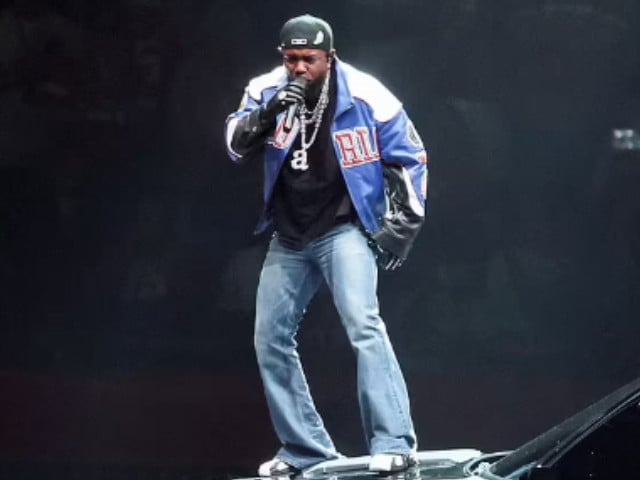In the world of hip-hop, diss tracks are more than just songs—they’re cultural moments that spark conversations, ignite rivalries, and challenge the status quo. Kendrick Lamar’s “They Not Like Us” is no exception. The track, which took center stage during the 2025 Super Bowl halftime show, has left fans and critics dissecting its meaning, lyrics, and implications. But what exactly does “They Not Like Us” mean, and why has it resonated so deeply within the music industry? Let’s break it down.
The Essence of “They Not Like Us” Lyrics
At its core, “They Not Like Us” is a bold and unapologetic diss track aimed at Drake, one of Kendrick Lamar’s long-standing rivals. The title itself, “They Not Like Us,” suggests a clear divide—a line drawn in the sand between Kendrick and his target. The lyrics are sharp, direct, and loaded with accusations that have sparked widespread debate.
One of the most striking lines in the song is, “Certified Lover Boy? Certified pedophiles,” a direct reference to Drake’s 2021 album Certified Lover Boy. This line, along with others like “Say, Drake, I hear you like ’em young / You better not ever go to cell block one,” has fueled intense discussions about the seriousness of the allegations and the ethics of airing such claims in a public forum.
Symbolism and Visual Storytelling
The power of “They Not Like Us” isn’t just in its lyrics—it’s also in its visuals. The cover art for the track features an aerial view of Drake’s Toronto estate, cleverly edited to resemble a sex offender registry map. This imagery reinforces the song’s provocative message and adds a layer of symbolism that amplifies its impact.
By combining biting lyrics with striking visuals, Kendrick Lamar has created a diss track that is as much a statement as it is a piece of art. It challenges listeners to look beyond the surface and consider the deeper implications of the accusations being made.
Themes of Authenticity and Cultural Identity
Beyond the personal feud, “They Not Like Us” delves into broader themes of authenticity and cultural identity. Kendrick Lamar accuses Drake of using Black artists from Atlanta to gain “street credibility,” suggesting that Drake’s success is built on the exploitation of genuine talent and culture.
This critique is particularly significant in the context of hip-hop, where authenticity is often seen as a cornerstone of the genre. By calling out what he perceives as cultural appropriation, Kendrick is not only attacking Drake but also sparking a larger conversation about the responsibilities of artists in the industry.
Reception and Industry Impact
The release of “They Not Like Us” has been met with mixed reactions. On one hand, fans and critics have praised Kendrick Lamar for his lyrical prowess and willingness to address controversial topics head-on. Many see the track as a defining moment in the ongoing rap battle between Kendrick and Drake, with some even calling it a knockout blow.
On the other hand, the severity of the accusations has sparked controversy. Some argue that making such serious claims in a public forum is irresponsible, while others believe it’s a necessary step in holding powerful figures accountable.
Regardless of where one stands on the issue, it’s clear that “They Not Like Us” has made a significant impact on the music industry. It has reignited discussions about the role of diss tracks in hip-hop and the responsibilities of artists when addressing sensitive topics.
The Bigger Picture: What Does It All Mean?
So, what does “They Not Like Us” ultimately mean? On a surface level, it’s a diss track aimed at Drake, filled with sharp lyrics and provocative imagery. But on a deeper level, it’s a commentary on authenticity, cultural identity, and the power dynamics within the music industry.
Kendrick Lamar’s “They Not Like Us” challenges listeners to think critically about the messages conveyed in music and the impact those messages can have on society. It’s a reminder that hip-hop is more than just entertainment—it’s a platform for storytelling, activism, and cultural critique.
Share Your Thoughts
What do you think about “They Not Like Us” and its meaning? Do you believe Kendrick Lamar’s accusations hold weight, or do you see the track as purely strategic? Share your thoughts on the “They Not Like Us” lyrics and their impact in the comments below. Let’s keep the conversation going!
